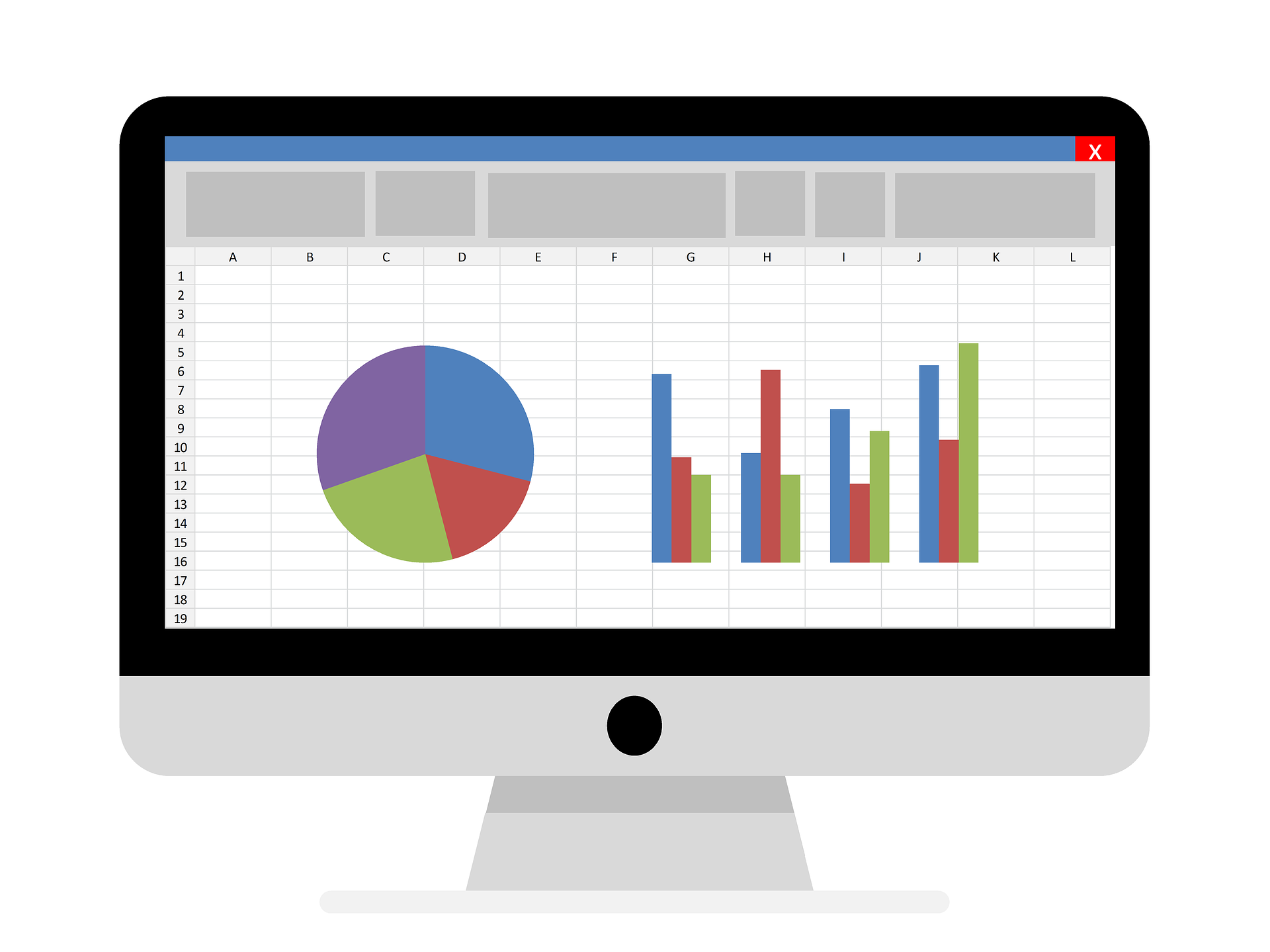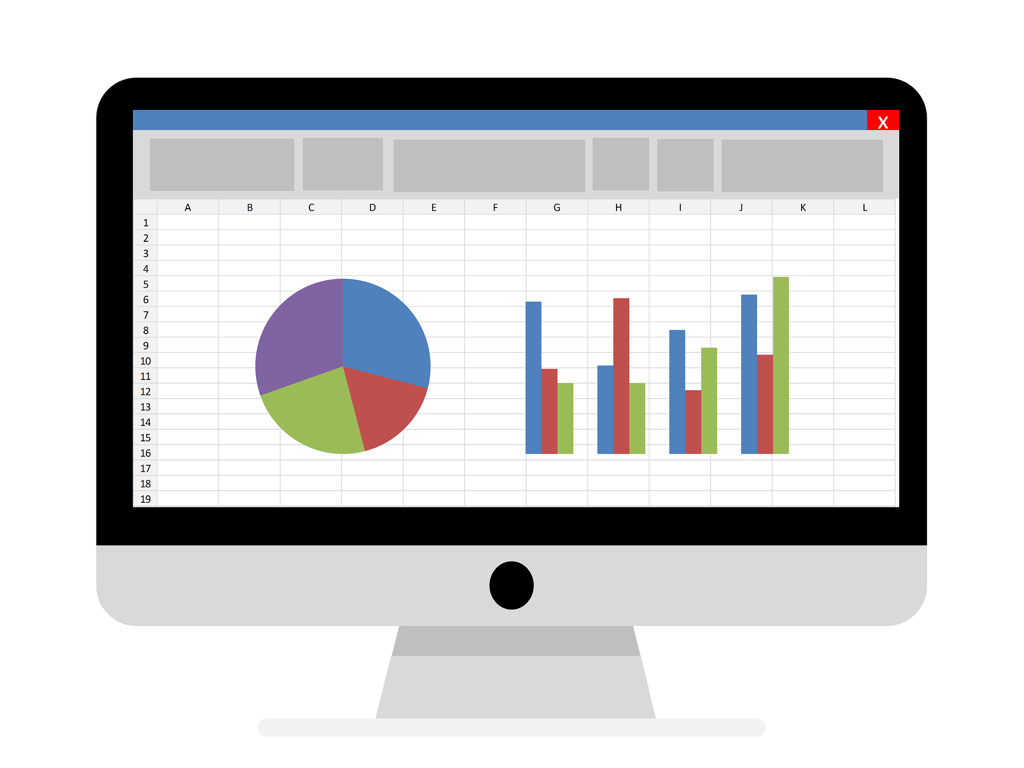Let’s face it, starting a new business can be nerve-wracking, especially when it comes to financial planning and management. Fortunately, there are many resources for financial planning available out there.
The thing is, there are so many resources that it could be challenging to separate the valuable ones from the rest. Luckily, we’re here to help and in this post, we’ll look at the basic tips you can implement to make financial planning easier.

Startups Must Have a Plan
The old saying, “When you fail to plan, you plan to fail,” is especially true for startup businesses. So, at the core of effective and efficient financial planning for your startup is having a plan of how you’ll run your business. This plan allows you to establish the goals you want to achieve, how you’ll achieve them, where you’ll acquire your customers, and how you’ll manage your expenses.
Apart from having a plan, it’s also vital that you follow your plan consistently and track your progress towards your goals. It’s the only way you’ll stay on track and make your business a success.
Cash Flow is King For Startups
One of the most common reasons for businesses failing is a lack of cash flow. As a result, you should have an effective cash flow management strategy, and you should know where your business’s revenue is generated and what you’re spending it on.
If you don’t, you could put your business in a precarious position without any money, unable to pay its bills and expenses. So, it’s best to get started with your budget and cash flow management strategy as soon as possible and stick to it religiously.
Startups Always Track and Monitor Spending
As part of your strategy, you should understand where every dollar goes. When you do this, you’ll achieve a few things. For one, you’ll simplify your cash flow management, and you’ll always have peace of mind knowing that your business will be able to pay its expenses.
In addition, when you manage your expenses well, you’ll simplify the process of calculating and filing your taxes. This, in itself, relieves a lot of stress. To manage your spending effectively, you’ll typically need to use one of the small business organization tools and accounting platforms like Quickbooks that gives you insights into your finances at all times.
Review Your Progress Regularly and Consistently
It’s crucial that you regularly and consistently review your progress towards your goals, managing spending, and generating revenue. When you do, you’ll be able to assess where you’re performing well and what areas of your business need more work.
In those areas where you’re not performing well, you can then implement the right strategies to change course before they turn into more problematic challenges.

Isn’t it Time You Improved Your Financial Planning
Considering the above, isn’t it time you implemented these tips to make your financial planning? Then it’s time you had a look at Qbox. Qbox is cross-platform software that allows you to seamlessly share and collaborate Quickbooks, Word, Excel, and PowerPoint files, attachments, and documents over the internet. It also allows you to view and manage your shared files and folders conveniently, no matter where you are. Simply put, it simplifies file organization for small businesses.

